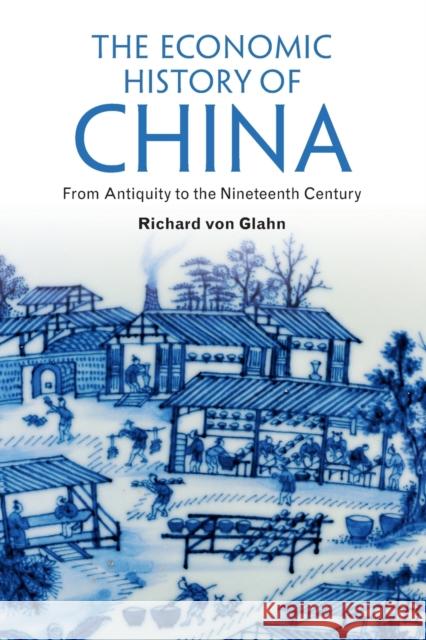The Economic History of China: From Antiquity to the Nineteenth Century » książka
topmenu
The Economic History of China: From Antiquity to the Nineteenth Century
ISBN-13: 9781107615700 / Angielski / Miękka / 2016 / 480 str.
The Economic History of China: From Antiquity to the Nineteenth Century
ISBN-13: 9781107615700 / Angielski / Miękka / 2016 / 480 str.
cena 153,27
(netto: 145,97 VAT: 5%)
Najniższa cena z 30 dni: 151,07
(netto: 145,97 VAT: 5%)
Najniższa cena z 30 dni: 151,07
Termin realizacji zamówienia:
ok. 22 dni roboczych
Dostawa w 2026 r.
ok. 22 dni roboczych
Dostawa w 2026 r.
Darmowa dostawa!
The first comprehensive study of China's economic development across 3,000 years of history to be published in English.











